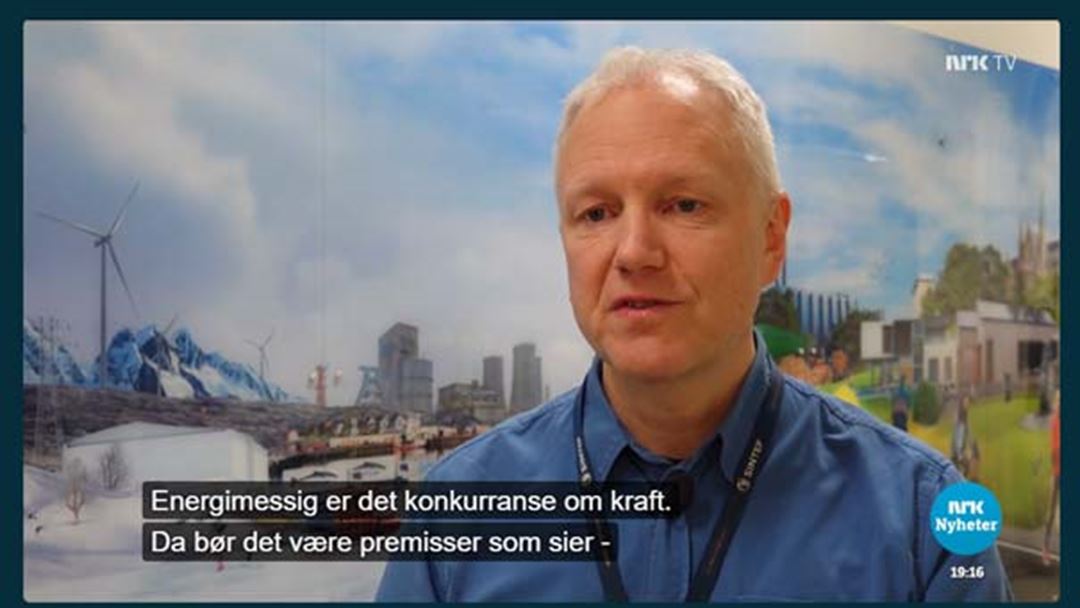Rethinking energy efficiency: The potential of Google Norway's future data centre
Google's planned, massive data centre in Skien, Norway, has the potential to benefit society at large if the right decisions are made, says HighEFF director Petter Røkke.

The projected data centre will be one of the largest in the world, potentially necessitating a whopping 240 MW of power capacity in its first stage. Much of this electricity (70%) will go to the servers the facility will contain, while most of the remaining portion (25%) will be used for cooling. "Ultimately, all this electricity gets converted to heat, in the process of being used," says Røkke. "Heat is a problem to deal with for data centres, but it can be a very useful resource for neighbouring communities if the necessary investments are made."
A 240 MW data centre produces heat corresponding to the heat demand of around 150 000 Norwegian households.
Currently, there is nothing in the law that obligates companies such as Google to utilise the excess heat they generate. Changing the rules to set a cost for wasting surplus energy – or incentives for not wasting it – was one of the main recommendations of HighEFF when it was asked for advice about energy efficiency by the Ministry of Petroleum and Energy, last year.
The Ministry is considering changes to the energy law to include cost-benefit assessments for using surplus heat in both new and existing facilities. The idea was for implemented measures to provide societal benefits – as opposed to just economic benefits for businesses.
Example uses for excess heat are to connect it to greenhouses for fruit and vegetable production, or to connect it to existing district heating infrastructure.
See Norwegian evening news programme Dagsrevyen's piece about the new Google data centre, featuring Centre director Petter Røkke.
